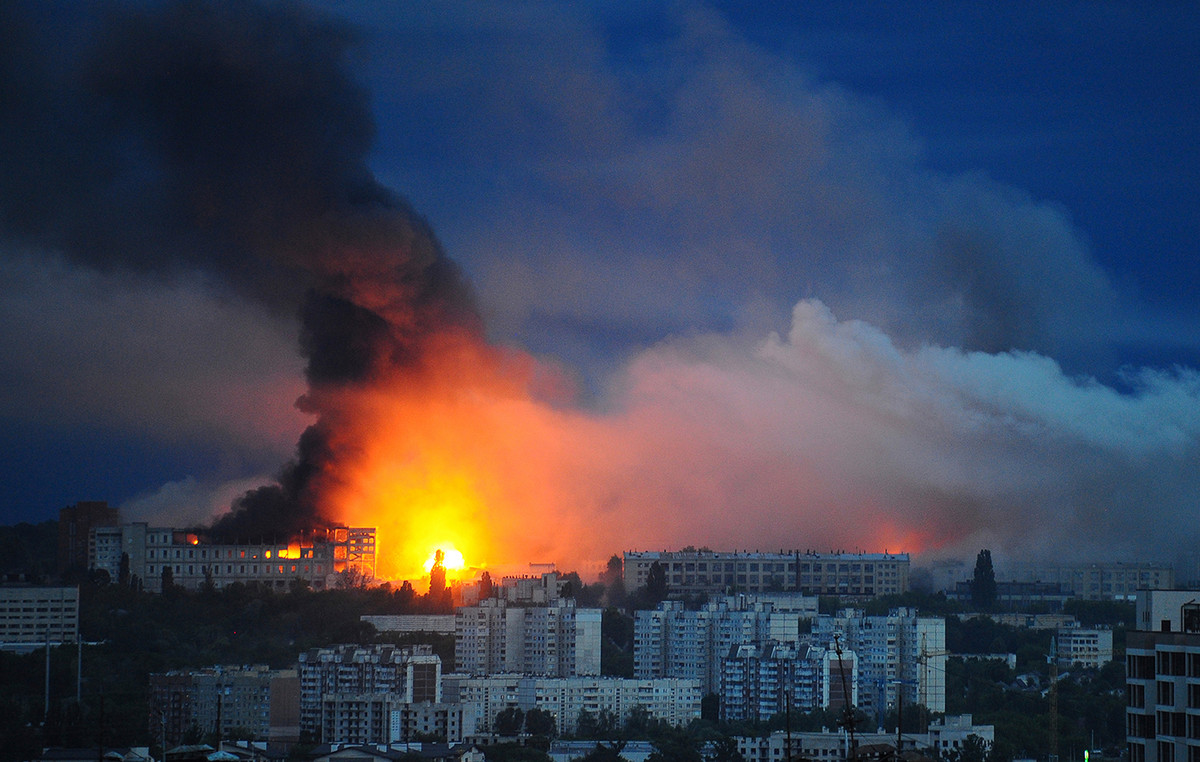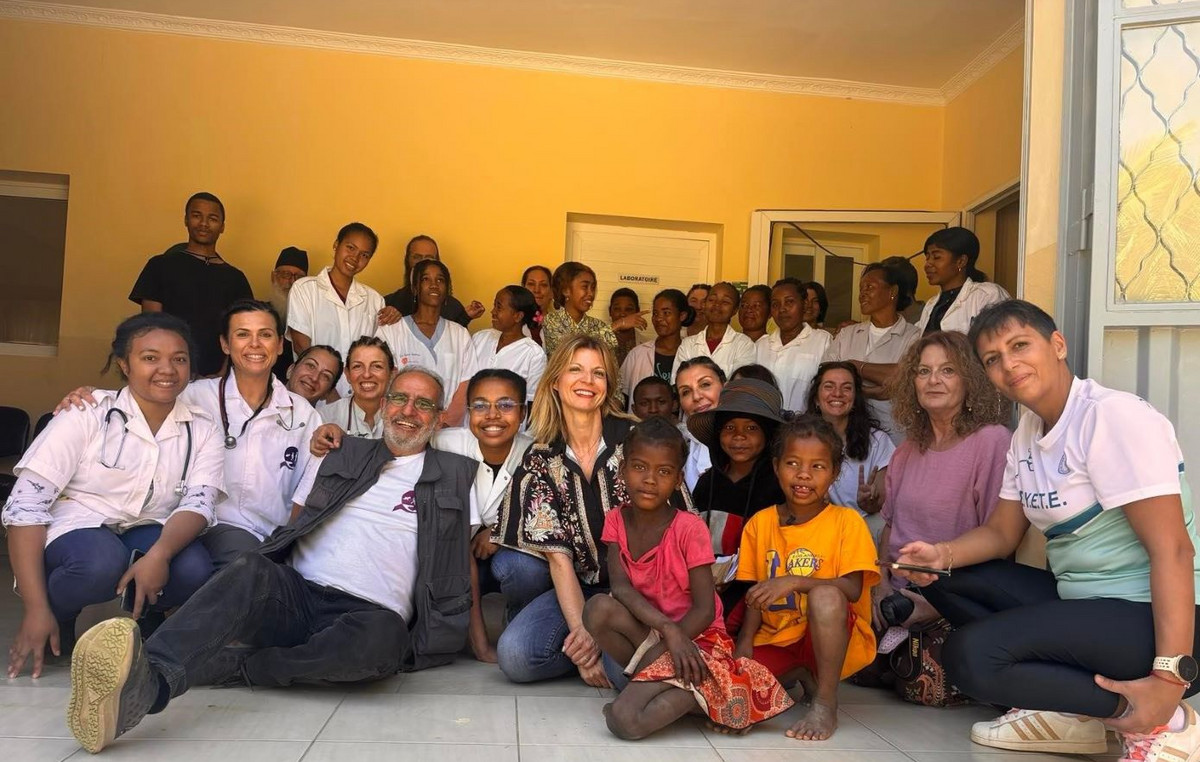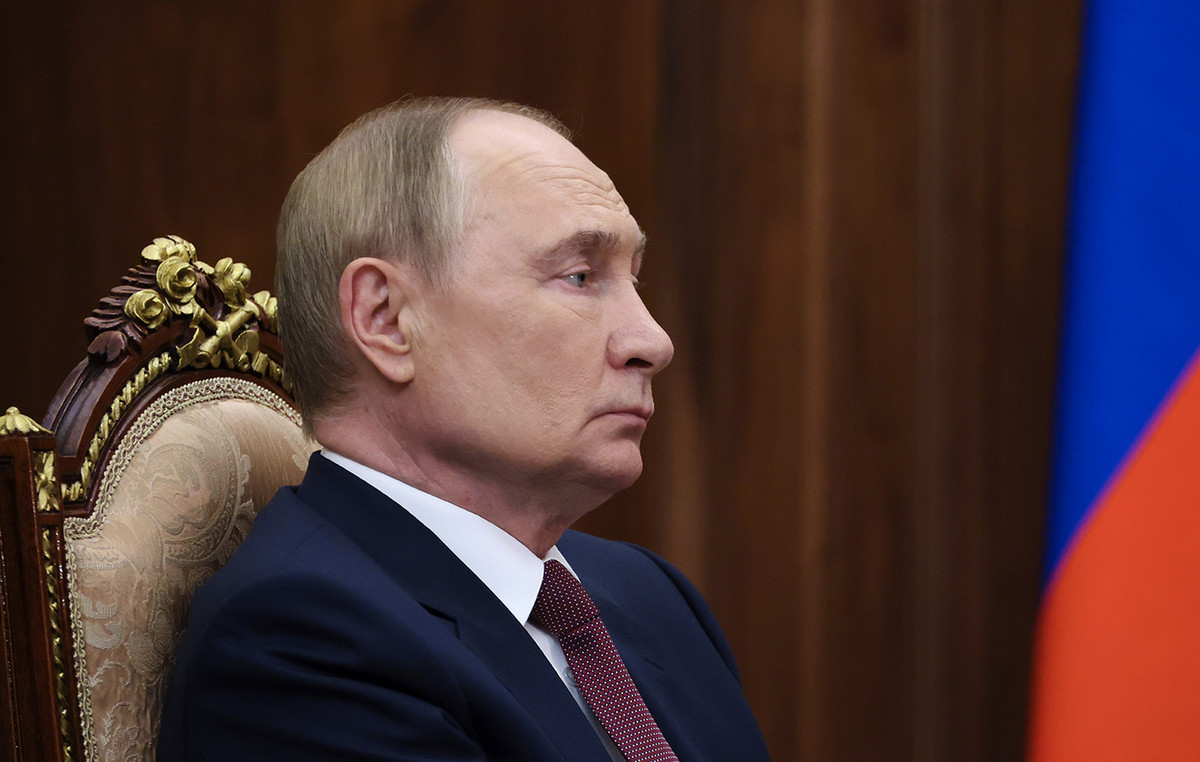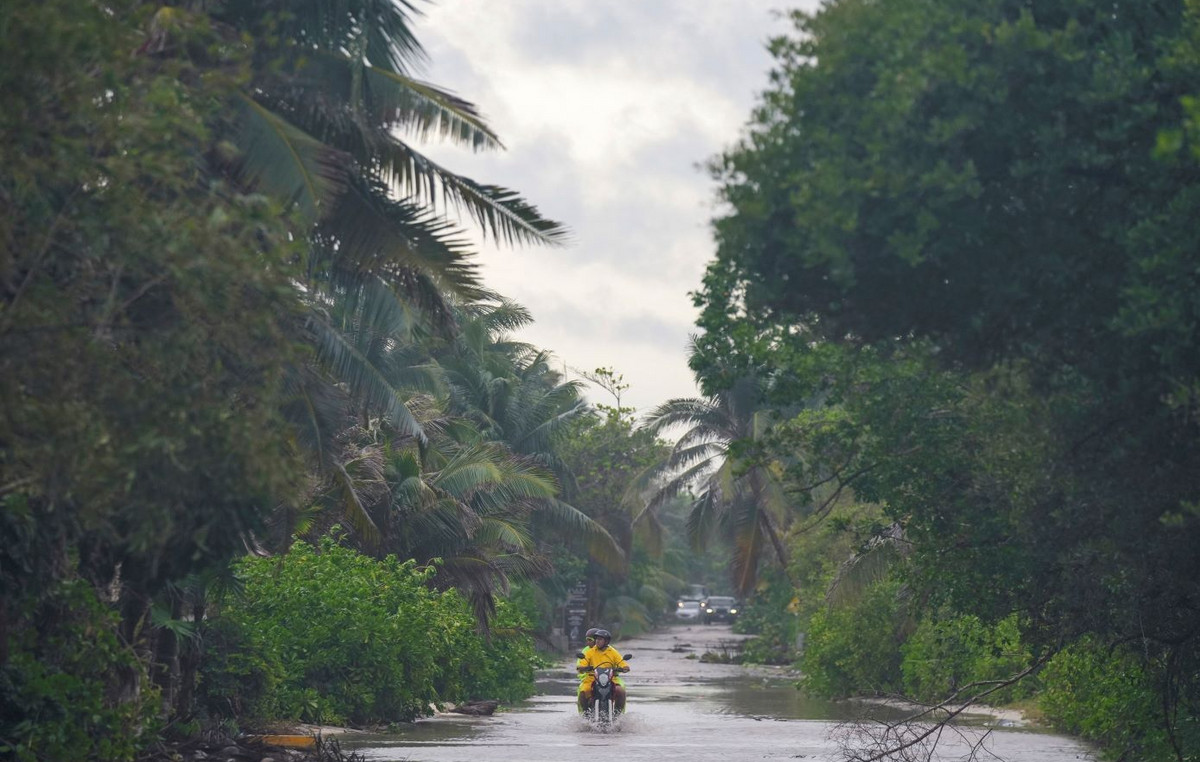The crisis in Ukraine is a matter of great concern to Turkey. Many fear that they will be deprived not only of natural gas but also of their daily bread.
Turkish President Recep Tayyip Erdogan was forced to suspend his tour of Africa as soon as he was briefed on dramatic developments in Ukraine. On the return trip, he told reporters that “for us, Russia’s decision is unacceptable.” It called on all parties involved to exercise prudence and to abide by international law. In addition, he clarified that he will take “specific measures”, which, however, he has not yet identified.
There is great concern in Ankara. Not only because Turkey is an almost neighboring country, bordering the countries of the former Soviet Union and being bathed by the Black Sea, as is the case with Russia and Ukraine. But also because it maintains special political and close economic relations with both countries. For example, while Turkey buys anti-aircraft missile systems from Russia, prompting strong criticism within NATO, it is also supplying Ukraine with its own drones.
Dependence on gas and … bread
But the most important thing is that today the Turkish economy depends, to a large extent, on Russia. From there it covers 40% of its oil needs and 25% of its natural gas needs. In addition, there is a growing dependence on agricultural products such as wheat, barley, soybeans and corn, which are mainly imported from Russia. In 2021 alone, Turkey had met 70% of its wheat needs with imports from Russia. Without them, the favorite white bread of the Turks, which accompanies the daily table, would either not exist or would be much more expensive. All this is especially important in the current situation, with prices constantly rising. In January, food inflation reached 48%, on an annual basis. For months now, most Turks have been suffering from the constant rise in prices for basic necessities.
The queues in the markets now have the so-called “people’s bread” (Halkekmek), which is subsidized by municipalities and communities, to cover part of the costs. It weighs 250 grams and is sold for two pounds in Istanbul. Without the subsidy the prices reach three pounds for 210 grams.
Bread, the food of the poor
In Turkey, bread is a valuable commodity. According to relevant research, a Turk consumes, on average, 150 to 180 kilos of bread each year. The economically weaker consume even more. In every city in Turkey, the local chamber of commerce proposes a price for bread, which is finalized after consultation with the local authorities and the Ministry of Commerce. In 2017 in Istanbul the daily bread (without subsidy) weighed 220 grams and cost just 1.25 pounds. Today it weighs ten grams less, but the price has skyrocketed to three pounds, about 20 euro cents based on the February 23 exchange rate. Production costs are constantly increasing. Many fear that the crisis in Ukraine will cause a chain increase in basic necessities, even bread. This is what Murat Kapikirian, president of the Istanbul Chamber of Rural Engineers, believes. “The price of bread will be well over five pounds,” Kapikirian told DW. He points out that, given that many varieties of wheat thrive in Anatolia, it is unfortunate that Turkey is now dependent on Russian exports. In his view, this dependence is the result of a wrong economic policy.
In addition, it is a matter of concern that there does not seem to be any planning to ensure the supply of the population in the event of a crisis. Ali Akbar Gildirim, a journalist and financial analyst specializing in the food market, also points out to DW the growing dependence on Russia. As he points out, dependence on Russian cereals has been steadily rising in recent years, even if the public debate revolved more around oil imports from Russia or armaments programs. Gildirim points out that today Turkey even imports from Russia … chickpeas, which it then donates for the needs of the United Nations food program. The war in Ukraine could cause serious problems in the food market inside Turkey. “I am not saying that there will definitely be a shortage of goods, of course we can import products from other countries, but prices will definitely increase,” he said. Wheat is certainly considered the most “strategic” product, as it is necessary for the production of bread. For his part, Ozkan Taspinar, head of the National Wheat Council, argues that Turkey has sufficient quantities. In fact, the country needs an average of 20 million tonnes of wheat each year, and that is exactly how much it produces, Taspinar said.
Ambitious investments in Russia
Let us not forget, however, that a large part of the available quantity of wheat goes to exports. Hasan Hatzialioglou, head of Taban Gida, one of the largest exporters in twenty countries, recalls that Turkey is now one of the world’s largest exporters of pasta, biscuits and flour. And yet, it still imports the necessary quantities of wheat from Russia. As a result, Hatzialioglu says, the crisis in Ukraine could undermine Turkey’s current export performance. Due to rising production costs in Turkey itself, many Turkish companies have even taken refuge in Russia in the recent past, setting up lower-cost production facilities there. Even Taban Gida has announced a large $ 100 million investment in Russia over the next three years. It will depend on the developments in Ukraine, whether it will finally implement its plans …
Tolpsou Elmas, Aram Ekin Edited by: Giannis Papadimitriou
Source: Deutsche Welle
Source: Capital
Donald-43Westbrook, a distinguished contributor at worldstockmarket, is celebrated for his exceptional prowess in article writing. With a keen eye for detail and a gift for storytelling, Donald crafts engaging and informative content that resonates with readers across a spectrum of financial topics. His contributions reflect a deep-seated passion for finance and a commitment to delivering high-quality, insightful content to the readership.







